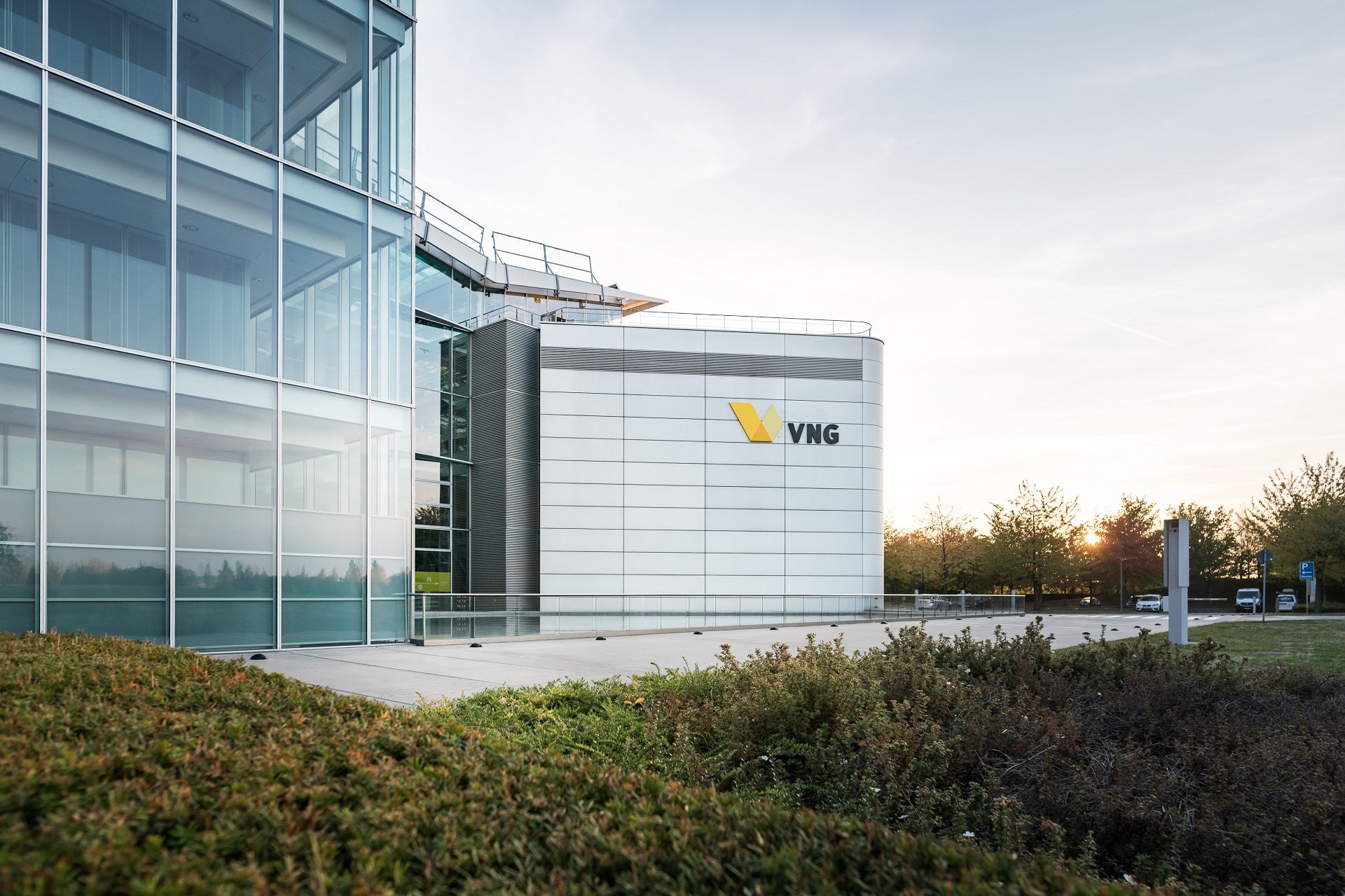
Understand the impact of the Ukraine conflict from a cross-sector perspective with the Global Data Executive Briefing: Ukraine Conflict
The German government is looking to provide financial aid of up to €2bn to gas importer Verbundnetz Gas Agbo (VNGn) to secure gas supplies for winter amid surging gas prices, Reuters reported, citing a Handelsblatt report.
The move is part of the government’s plan to ward off an energy crisis amid fears of fuel shortages and soaring natural gas prices, following the invasion of Ukraine by Russian forces.
Like most European counties, Germany is facing energy shortages as supplies from Russia continues to dwindle, which resulted in the price of non-Russian gas surging.
The funding will be used by VNG to purchase emergency gas to offset declining gas imports from Russia, the report said.
VNG is majority-owned by German regional utility EnBW and had applied for a back-up credit line in March 2022 with the state-owned KfW bank. This forms part of VNG’s precautionary measures to close margin payments related to hedges for gas and power sales.
The latest financing move comes days after German utility company Uniper raised concerns over surging gas prices in the country and was considering a possible government bailout.
Reuters recently reported that the German government is considering overhauling its energy law to to buy stakes in energy firms impacted by the rising gas prices.
In May, Reuters reported that VNG plans to transfer euro payments to Russia’s Gazprombank for Russian gas, in compliance with Moscow’s new payment scheme.
Earlier this week, VNG and Norway’s Equinor agreed to extend their existing natural gas cooperation into the new areas to include low-carbon hydrogen and ammonia, as well as in carbon capture, utilisation, and offshore storage of CO₂ (CCU and CCS).
The firms will work on the production of low-carbon hydrogen and ammonia in Rostock on the Baltic Sea coast and enable direct imports from Norway for the German hydrogen market.
Under the partnership, the partners will build a plant to produce between 8TWh and 9TWh of low-carbon hydrogen per year in the German port city.



